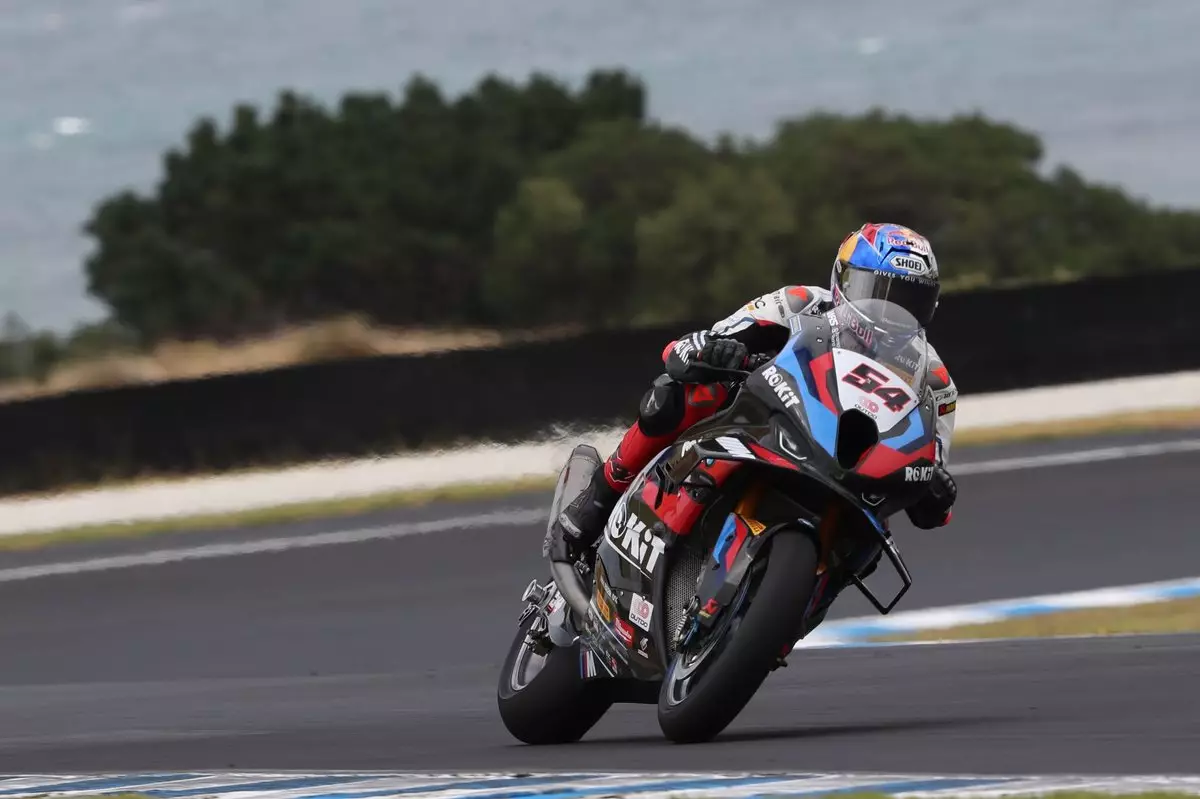The appointment of Markus Flasch as the new CEO of the BMW Motorrad division has brought about a shift in the manufacturer’s stance towards MotoGP. Despite previously deeming it an unsuitable platform for marketing their products, Flasch’s leadership has opened the door to the possibility of BMW entering grand prix racing. With MotoGP set to introduce a new ruleset in 2027, the timing seems right for BMW to reconsider its position.
Exploring the Options
While BMW already has a presence in top-line motorcycle racing through its factory team in the World Superbike Championship, a potential MotoGP programme represents a much larger scale of involvement. Flasch has acknowledged that BMW’s participation in other series such as the FIM Endurance World Championship and the German IDM series is under review. The consideration of expanding into MotoGP indicates a strategic shift towards exploring new formats and opportunities for the brand.
Flasch’s openness to the idea of BMW joining MotoGP stands in stark contrast to his predecessor Markus Schramm, who was resistant to the notion of entering the premier class. Despite Schramm’s reluctance, BMW’s return to World Superbike in 2019 under his leadership demonstrated the brand’s commitment to two-wheeled motorsport. The growth of the WSBK programme, highlighted by the signing of 2021 champion Toprak Razgatlioglu, reflects BMW’s ambitions in the competitive arena.
A Strong Advocate for Motorsport
Flasch’s background at BMW’s high-performance M roadcar division, where he oversaw the merger of the motorsport division under the M brand, underscores his passion for motorsport. Describing himself as “an absolute advocate of motorsport,” Flasch recognizes the value of motorsport in enhancing brand strength and fostering enthusiasm among the brand’s community. His strategic decision to align BMW’s motorsport activities under the M brand reflects a holistic approach to leveraging the brand’s racing heritage.
As BMW prepares for further changes in the coming months, the reorganization within the racing division signals a potential shift in focus. With Marc Bongers transitioning to a full-time role in WSBK and Sven Blusch taking the helm of the racing division at BMW Motorrad, the manufacturer is poised for a period of transformation. Flasch’s emphasis on not being confined to a single series, such as WSBK, indicates a broader exploration of opportunities in the motorsport landscape.
The impending changes in MotoGP, including the adoption of smaller capacity 850cc engines and the introduction of fully sustainable fuel in 2027, present an enticing proposition for potential new entrants. With a focus on environmental sustainability and technological advancements, MotoGP aims to attract additional brands to the series. BMW’s alignment with these futuristic developments could signal a new era of innovation and competitiveness in the world of grand prix racing.
BMW’s evolving stance on MotoGP under the leadership of Markus Flasch reflects a strategic reevaluation of the brand’s motorsport involvement. With a legacy of success in other racing series and a commitment to embracing new challenges, BMW’s potential entry into MotoGP marks an exciting chapter in the manufacturer’s racing history. As the landscape of motorsport evolves, BMW’s presence in MotoGP could herald a new era of competition and innovation for the iconic German brand.


Leave a Reply